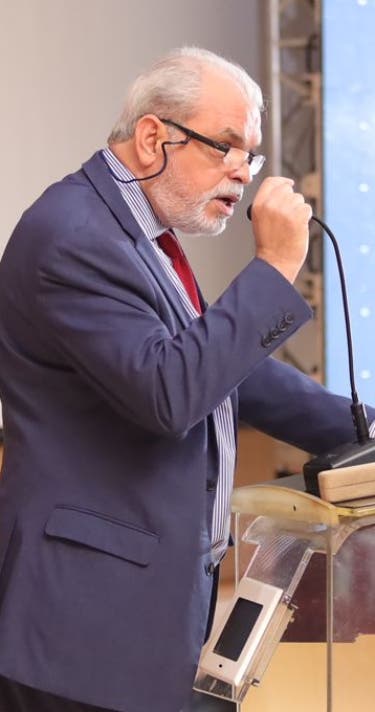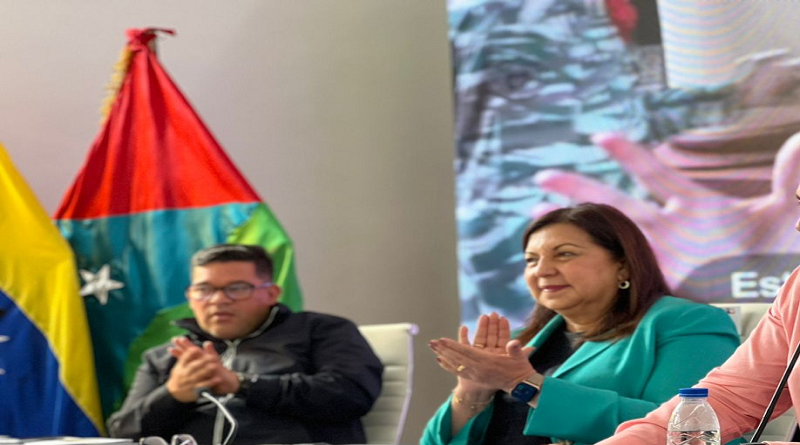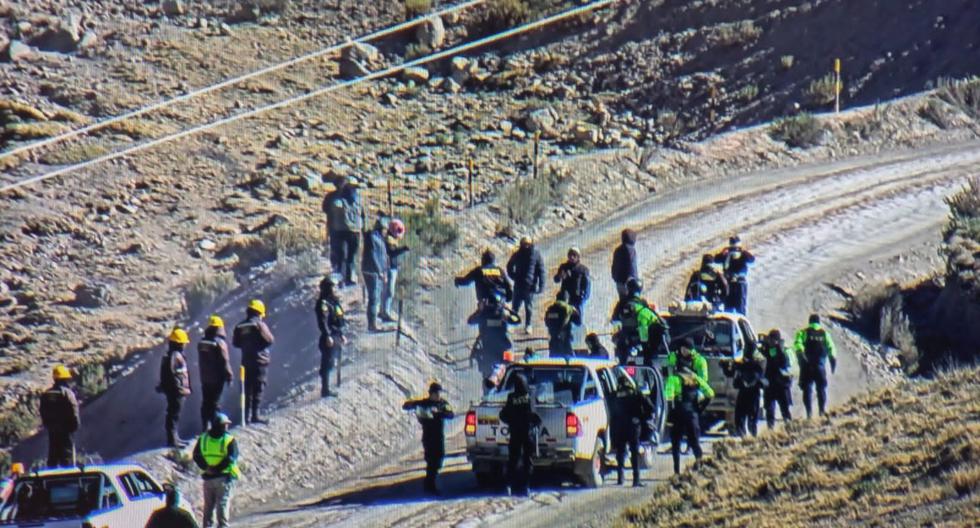The commissioner for the reform of the Police, José Vila del Castillo, revealed that in the reengineering process to clean up that institution, they have fought against what he called the white elephant and the scourge of corruption.
He said that during this management they have dismantled a structure that charged for appointing police posts, deciding on transfers, promotions, collecting pensions, renewing uniforms and new weapons, as well as other irregularities.
“I say it so clearly, a historical, systematic corruption, carried from one director to another, promoted from the head, forcing the lowest rank to belong to it,” said Vila del Castillo.
“All those who did not belong to the system were separated, persecuted or sent to small offices,” he said when participating as a speaker in the international seminar on Citizen Security, in the Pedro Mir library, of the Autonomous University of Santo Domingo (UASD).
The expert assured that there was internal, institutional and systemic corruption directed from the General Directorate itself to the last rank.
He said that the year 2022 has been the first time that, endorsed by President Luis Abinader, directed by Interior and Policeman and with the consent of the Police, all promotions were clean and transparent.
Vila referred to the progress made in the police reform in the eight months of implementation, with improvements in financial management, personnel auditing, dignity for agents and modernization at all levels of infrastructure and police operations.
Counted, between January and June of this year, the team leading the reform had worked more than 3,000 hours “to try to do in the shortest possible time everything that had not been done for decades and that is being criticized by all those who They never did what they had to do,” he said.

The commissioner stressed that President Abinader decided and gave the necessary impetus so that police reform was one of the fundamental axes of his administration of Government. He was of the opinion that the president is among the three best, of the more than 30 that he has known.
Vila recalled that he told President Abinader that of the 32 generals there were when he came to work with the Police, Alberto Then was the only one qualified to carry out the police reform. In addition, he said that the only Minister of the Interior and Police who is capable of having in his head all the political framework that is needed for the process that is taking place is Jesús Vásquez Martínez.
He also stressed the role of Servio Tulio Castaños Guzmán, vice president of FINJUS, in contacts with civil society, and Roberto Santana, former rector of the UASD, in police educational planning. In the midst of what was found, he said that they saw the great opportunity and the hope of hundreds of police officers who were fed up and disgusted with what was happening.
The commissioner insisted that there was a progressive disarticulation of the Police, with a distribution of its powers among different institutions that have nothing to do with public safety, constantly weakening their capacities on purpose. Likewise, the spurious use of the obligations of the Police in pursuit of civil rights.
Changes in the dome from the police
Vila del Castillo stated that last May they had to change the leadership of the Police from top to bottom and put generals and colonels in line with the spirit of transformation. All the current generals of the Higher Police Council have been evaluated from the point of view of professionalism and integrity. The 525 colonels were also evaluated and tested for the assignment of their functions throughout the country, in search of a disciplined and human body.
In a large part of the Police, Vila del Castillo expressed, everything that was dismantled by previous presidents, ministers and Police directors is being rebuilt.















